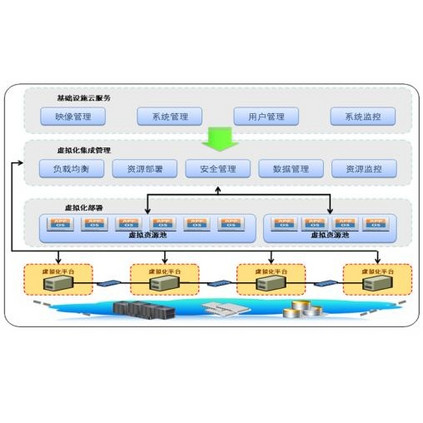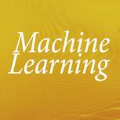Cloud computing has rapidly emerged as model for delivering Internet-based utility computing services. In cloud computing, Infrastructure as a Service (IaaS) is one of the most important and rapidly growing fields. Cloud providers provide users/machines resources such as virtual machines, raw (block) storage, firewalls, load balancers, and network devices in this service model. One of the most important aspects of cloud computing for IaaS is resource management. Scalability, quality of service, optimum utility, reduced overheads, increased throughput, reduced latency, specialised environment, cost effectiveness, and a streamlined interface are some of the advantages of resource management for IaaS in cloud computing. Traditionally, resource management has been done through static policies, which impose certain limitations in various dynamic scenarios, prompting cloud service providers to adopt data-driven, machine-learning-based approaches. Machine learning is being used to handle a variety of resource management tasks, including workload estimation, task scheduling, VM consolidation, resource optimization, and energy optimization, among others. This paper provides a detailed review of challenges in ML-based resource management in current research, as well as current approaches to resolve these challenges, as well as their advantages and limitations. Finally, we propose potential future research directions based on identified challenges and limitations in current research.
翻译:云计算迅速成为提供基于互联网的通用计算服务的模型。在云计算中,基础设施服务(IaaS)是最重要的和迅速增长的领域之一。云提供商在这一服务模式中提供用户/机器资源,如虚拟机器、原始(区块)储存、防火墙、负载平衡器和网络设备。云计算的最重要方面之一是资源管理。可扩展性、服务质量、最佳用途、减少间接费用、增加吞吐量、减少延缓、专门环境、成本效益和精简接口是IaaS在云计算方面的资源管理的一些优势。传统上,资源管理是通过静态政策进行的,这些政策在各种动态情景中施加某些限制,促使云服务商采用数据驱动的、基于机学习的方法。正在利用机器学习来处理各种资源管理任务,包括工作量估计、任务时间安排、VM整合、资源优化和能源优化等。本文详细审查了基于ML的资源管理在云计算方面的一些挑战,以及当前研究方向和我们提出的解决这些挑战的优势,以及当前研究限制的优势。最后是,我们提出了解决这些挑战的优势。





